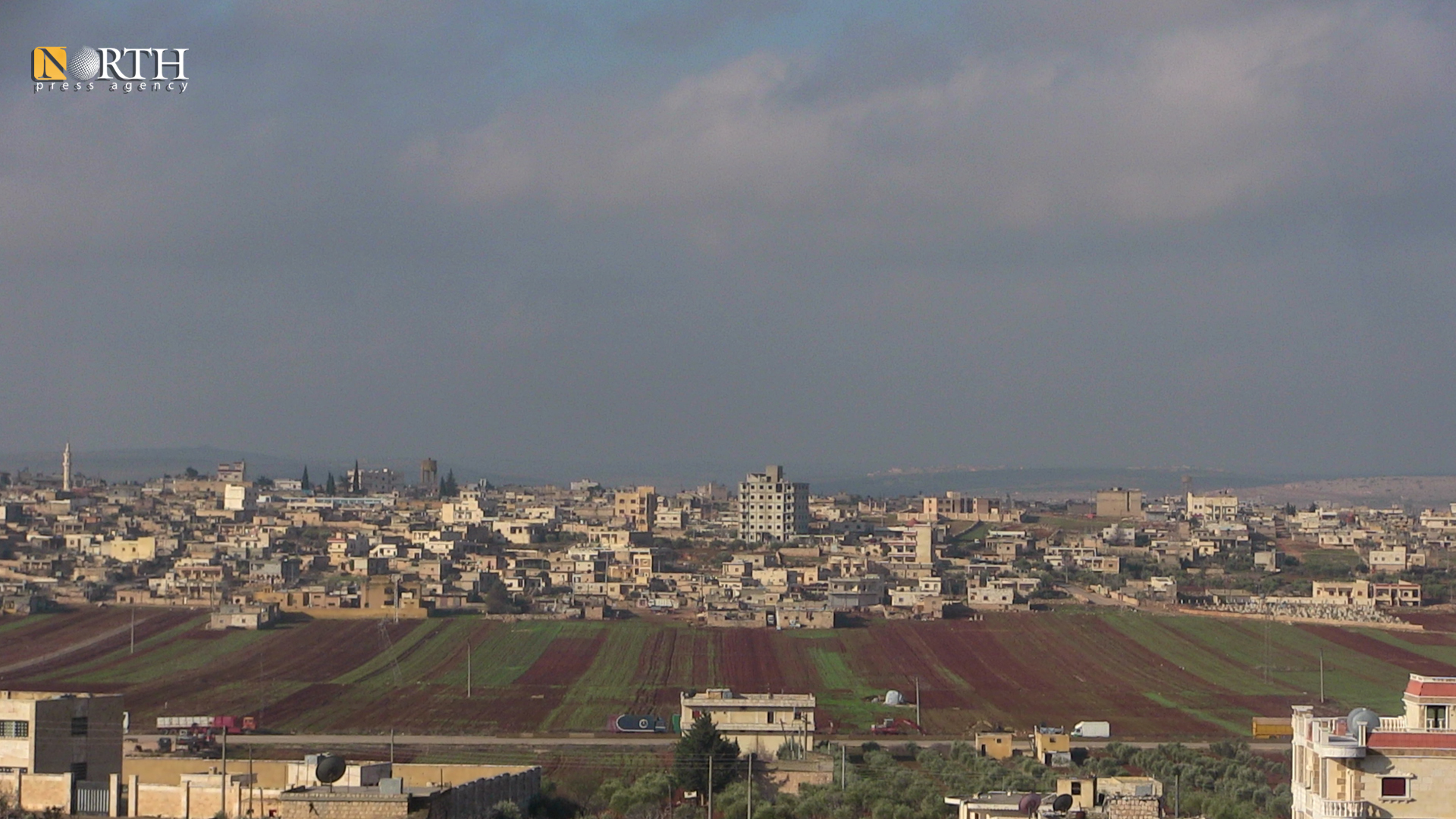ALEPPO, Syria (North Press) – Notables in the Shi’ite towns of Nubl and Zahra, in the northern countryside of Aleppo, say that the slogan of national reconciliation that the government has promoted has not come into effect on the ground, as the villages of the area are still empty of their residents.
They believe that reconciliation efforts cannot take place unless life returns to normal in the villages and towns in the northern countryside of Aleppo and other areas that witnessed fighting, in addition to the necessity of stopping Turkey’s violations and its policy of demographic change in the country’s north.
Sectarianism
“The problem in our regions is still rooted in sectarianism, as it used to be at the beginning of the Syrian crisis,” Asadullah Sumayah, a dentist who worked with the government reconciliation committees, told North Press.
With the outbreak of popular protests in Syria, a rift broke out among the communities of the northern countryside of Aleppo, especially on a sectarian basis amid the government apparatus’ indifference. Although the government managed to take control of Aleppo and parts of its countryside, it has not followed any real procedures to ease tension among the communities of the region, he added.
“The government should at least allow the residents of the towns of Anadan, Hayyan, Hiritan, and others to return and restore services so that they feel they belong to their society and country,” he stated.
“The national reconciliation that the government seeks does not go beyond speeches devoted to media marketing.”
With the opening of Nubl-Zahra road in February 2016, pro-government media promoted the return of families to the towns of Taljibin, Hardatin, and Masqan in the northern countryside of Aleppo.
However, it was a limited return for some families, “and the visits paid by the governor and the Head of the Security Committee have always praised the return of life to the countryside, but the truth is that sectarian tension still prevails,” according to Sumayah.
Different tendencies and loyalties
Faisal al-Ali, a retired teacher and notable from Zahra, believes that the sectarian tension the area is currently witnessing “was there [before], but it did not appear because of the government’s security influence.”
“After the outbreak of the war, disputes surfaced and our Syrian society was divided into sects and nationalities. Of course, the government denies this reality, but it exists, and it has not provided solutions until this moment,” he added.
“Syrians are divided among Turkey, Iran, Russia, and the US amid the absence of any intra-Syrian talks,” he believed.
“How can a resident of Nubl or Zahra live with the residents of Anadan if there were no real reconciliation steps? How can we, who fought each other over ten years, return so simply as we used to be without any true solution?” he wondered.
The government is not concerned about social peace and co-existence among the different communities as it much as it is concerned with maintaining its image in the media and showing society as cohesive and loyal to it, according to residents of the countryside of Aleppo.
This is what al-Ali considers “making fun of the reality and the lives, especially of us, the minorities, as we live in anxiety that will not dissipate amid the continuation of the current situation.”
Fears of displacement
Muhammad Ali Sharbo, a notable of the city of Nubl and a retired teacher, said that what happened to the Kurds in Afrin three years ago – displacement at the hands of Turkey and Turkish-backed factions – could happen in Nubl and Zahra, despite the government and Iranian presence.
“Each country implements its interests regardless of the people’s benefits and rights, as Turkey transforms its areas of control into hotbeds of extremism in which takfiri ideas spread.”
The guarantee, according to Sharbo, remains the diversity and balance of society, and the imbalance that Turkey is fostering by tampering with the demographic structure and its practices against the Kurds will expose us to great risks, one of which may be our displacement from our regions.

